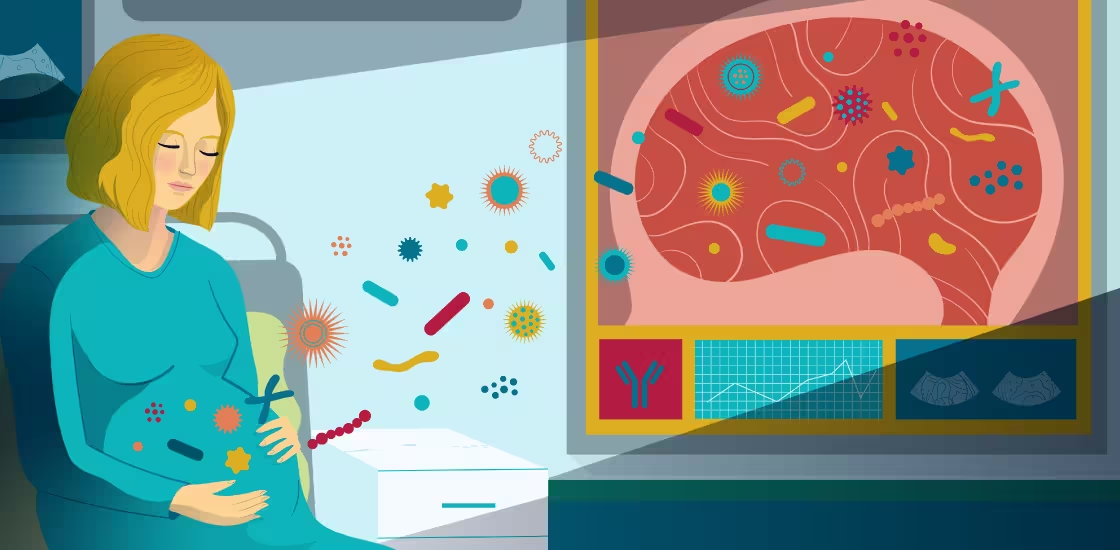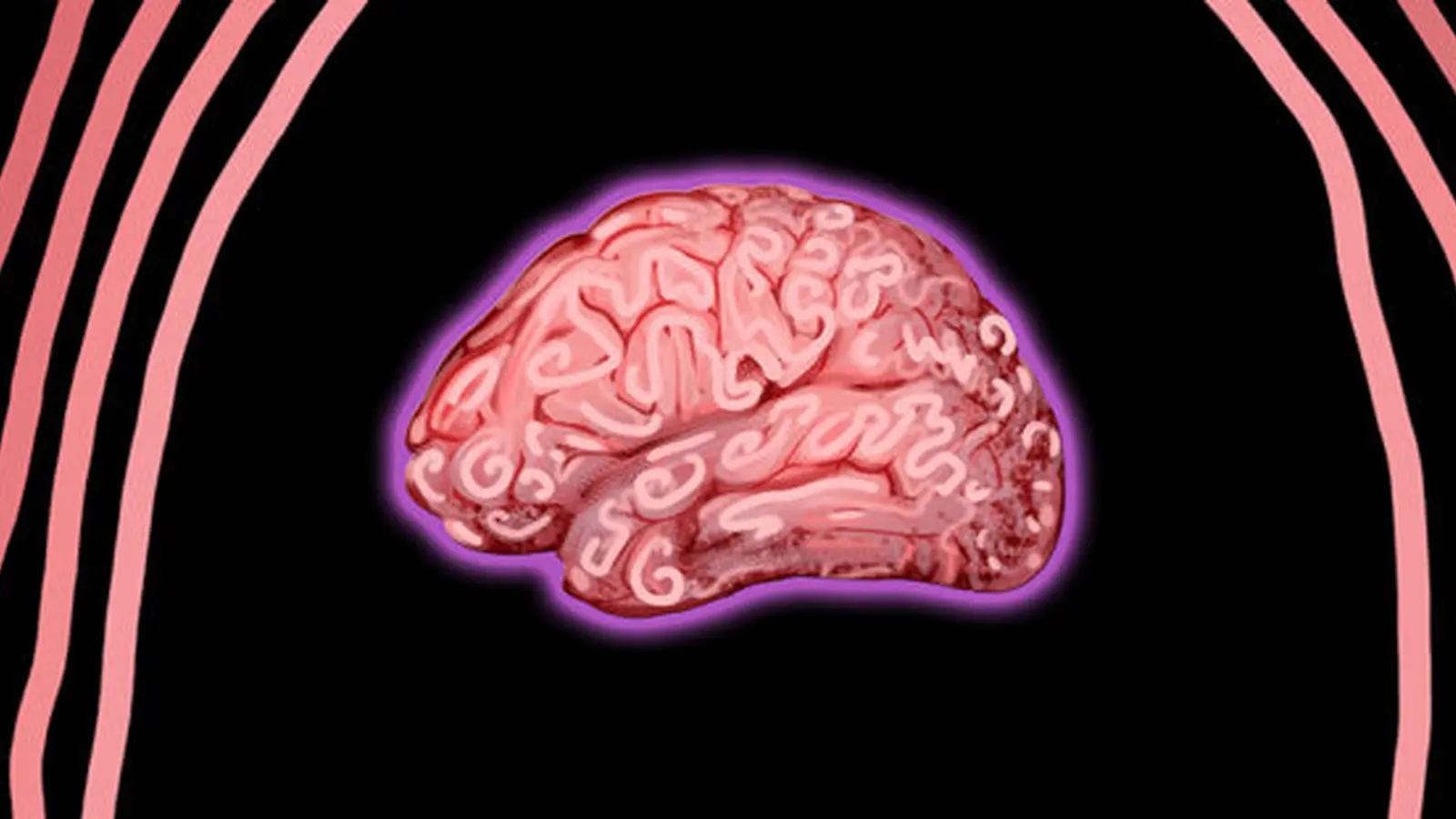3 Minutes
Recent research in mice indicates that a mother's microbiota can influence development of a brain region tied to stress regulation and social behavior. Although findings are preliminary and limited to animal models, biological parallels between mice and humans raise the possibility that maternal microbes could play a role in human prenatal brain development.
Scientific background: maternal microbiota and neurodevelopment
The study focuses on the paraventricular nucleus (PVN) of the hypothalamus — a cluster of neurons critically involved in controlling the hypothalamic–pituitary–adrenal (HPA) axis, autonomic functions, and social behaviors. In the mouse experiments, altering maternal microbial signals changed cellular activity patterns within the PVN during fetal development. The authors report that these microbial influences begin in utero through signaling from maternal microbes.
Key findings and limitations
Researchers found measurable effects of maternal microbiota on PVN organization and behavior in offspring. However, these results come from controlled mouse studies, so translation to humans remains uncertain. The team cautions that while the data are compelling, they "merit further investigation," and definitive conclusions about human prenatal development are premature.
Implications for birth practices and newborn health
Clinical practices known to disrupt newborn microbial exposure — such as Cesarean delivery and peripartum antibiotic use — may alter microbe-mediated signaling around birth. If similar maternal-to-fetus microbial pathways exist in people, such disruptions could plausibly affect stress responsivity or aspects of social behavior later in life. This underscores the need for careful follow-up studies linking prenatal microbial environments with long-term neurodevelopmental outcomes.

Future research directions
Immediate next steps include mapping the molecular signals by which maternal microbes influence the fetal brain, testing reproducibility across species, and probing whether maternal microbiota can be safely modified by diet, probiotic or prebiotic interventions, or other clinical strategies. Previous literature already connects gut microbes to diet, sleep, alcohol intake, and general health — all variables worth controlling in future studies.
Expert quote
"Our study shows that microbes play an important role in sculpting a brain region that is paramount for body functions and social behavior," says Castillo-Ruiz. "In addition, our study indicates that microbial effects start in the womb via signaling from maternal microbes."
Note: original images and captions from the source have been retained.
Conclusion
Mouse-model evidence suggests maternal microbiota can shape fetal brain circuits, particularly the PVN, with potential implications for stress regulation and social behavior. While translation to humans is not established, these findings motivate targeted clinical and mechanistic research into prenatal microbial signaling, birth practices, and early-life interventions. The research was published in the journal Hormones and Behavior.
Source: sciencealert


Leave a Comment